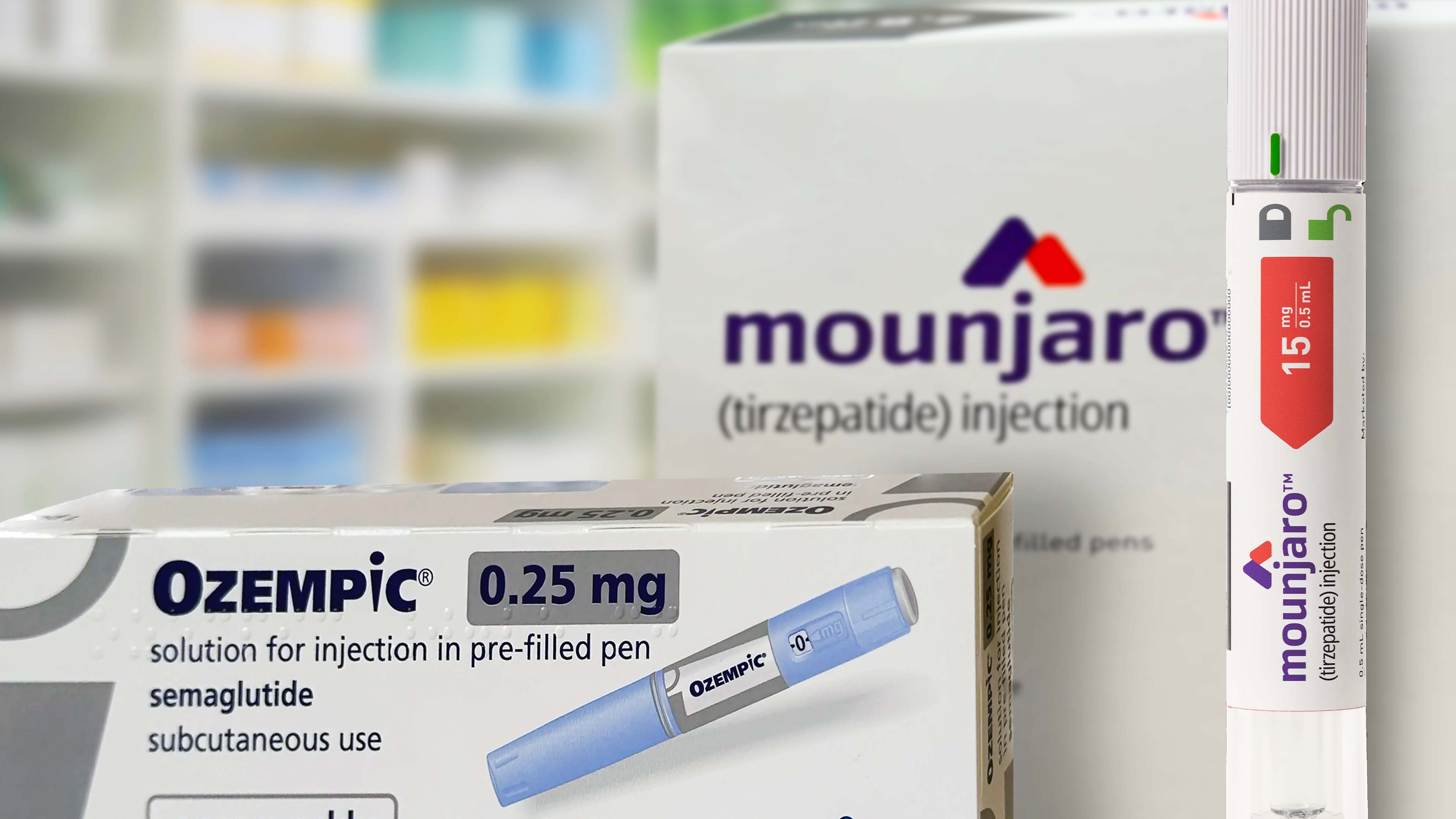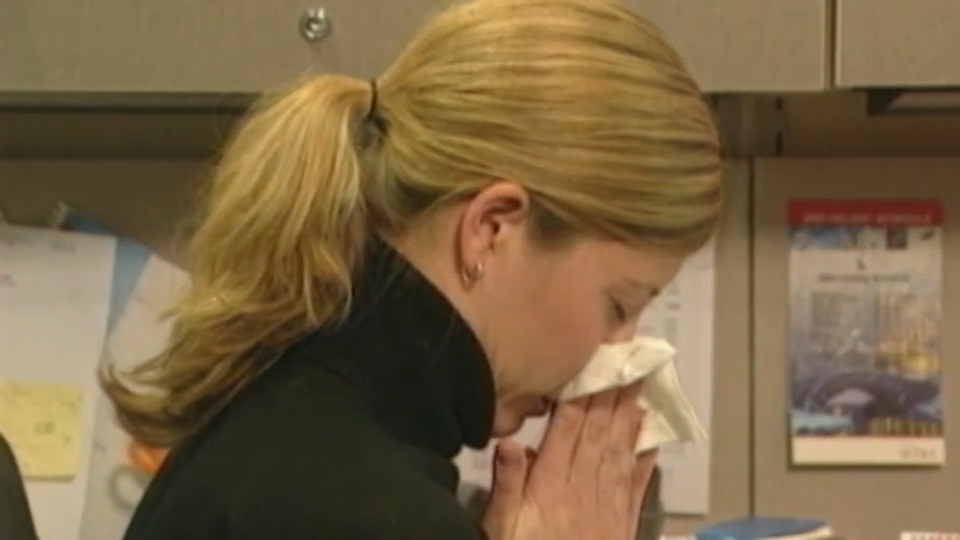Next time you go to an airport, there could be a new security measure waiting for you: an X-ray, full-body scanner. 52 of the scanners developed by a company called Rapiscan have been placed in 23 airports across the country, with plans for 1,000 of the machines to be in use by the end of 2011. While the six-second sweep of the Rapiscan technology offers more security as the system sees underneath the skin, the X-rays that make it all possible could be putting air travelers at risk.
David Agard, a biochemist and biophysicist at the University of California in San Fransisco, thinks that passengers should be wary at the very least. "Ionizing radiation such as the X-rays used in these scanners have the potential to induce chromosome damage, and that can lead to cancer," he said. He and his colleagues have drafted a letter (warning: PDF download) to John Holdren, Obama's science adviser, asking for more studies to be done before the scanners are used in a major way.
Agard and company are worried that the radiation produced by the scanners could be more than the government and Rapiscan have indicated, as the measurement is taken as an average over the surface of the body. At a dose of 0.02 microsieverts, officials have tried to calm concerns by saying that it would take thousands of trips through the scanners to equal one of the scans you'd get at the hospital.
Even with that in mind, David Brenner, head of Columbia University's Center for Radiological Research, raised a troubling point speaking before the Congressional Biomedical Caucus:
Recent research, Brenner says, indicates that about 5 percent of the population — one person in 20 — is especially sensitive to radiation. These people have gene mutations that make them less able to repair X-ray damage to their DNA. Two examples are the BRCA-1 and BRCA-2 mutations associated with breast and ovarian cancer, but scientists believe many more such defects are unknown.
"I don't know if I'm one of those 5 percent. I don't know if you're one of those 5 percent," Brenner says, "And we don't really have a quick and easy test to find those individuals."
Brenner worries that the detrimental effects caused by X-rays — including but not limited to causing mutations in sperm, harming a fetus in the womb and causing skin cancer — will be magnified once thousands upon thousands are regularly subjected to them at airports.
Both the TSA and the FDA maintain that the technology is safe, and that passengers actually get exposed to more radiation in the air than on the ground, according to Daniel Kassiday, an FDA specialist in radiation hazards: "At worst case, flying from New York to L.A., assuming a five-hour flight, it would take 75 screenings to equal the dose you get from that one flight. Or more simply, one screening is equivalent to four minutes in the air."
Health
In the end, screening is apparently optional, though whether or not it's only optional for children and what alternative measure is applied (if you can simply pass through an old-school detector, for instance) is unclear.
Via NPR



